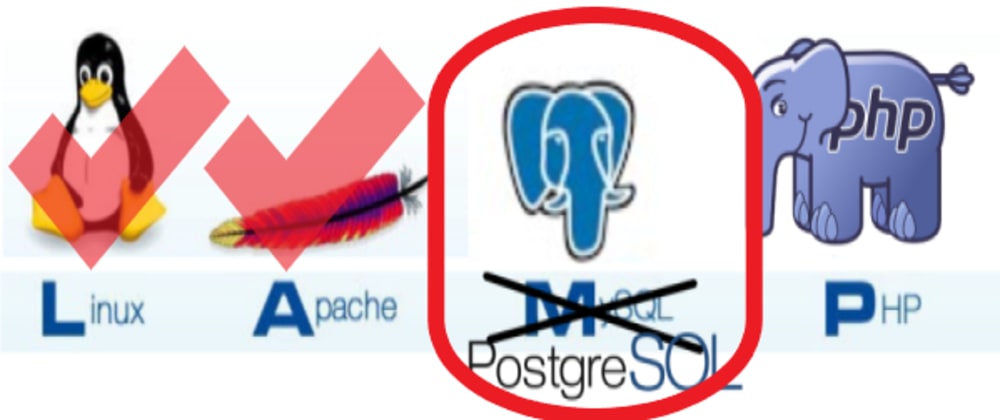


#Rails unicorn https apache install
Let's install packages again using bundle command: Or put the following line into config/environment.rb: $ echo "export RAILS_ENV=production" > ~/.bashrc To switch our rails environment to production, we need to add the following to ~/.bashrc and source it:

That's because I did not set the environment, and the default was "development". siteconf20160120-24887-3jbgep.rb extconf.rbĬommand 'qmake -spec linux-g++ ' not available Gem::Ext::BuildError: ERROR: Failed to build gem native extension. Installing capybara-webkit 1.3.0 with native extensions Looks like capybara-webkit depends on a WebKit implementation from Qt, and 'qmake' is missing. It's related to building 'capybara-webkit 1.3.0'. It might be better set default Ruby for rvm to ruby-2.1.3:īut I got an error during the packages install. Now we have two versions of Ruby, so we need to check the status of each version: What we've done so far made RVM fully initialized and ready to use.Īctually, our current Gemfile is using Ruby 2.1.3 not 2.3.0. Installing required packages: patch, libyaml-devel, autoconf, gcc-c++, patch, readline-devel, libffi-devel, automake, libtool, bison, sqlite-devel. We may want to install RVM's requirements using the following command which will tinstall various development packages and dependencies: To start using RVM, we need to run source ~/.rvm/scripts/rvm:Įcho "source ~/.rvm/scripts/rvm" > ~/.bashrc To install rvm, let's use curl to download a script at, and let bash execute it locally with an option of stable: We'll use Ruby Version Manager (RVM) to maintain multiple Ruby environments on our server.


 0 kommentar(er)
0 kommentar(er)
